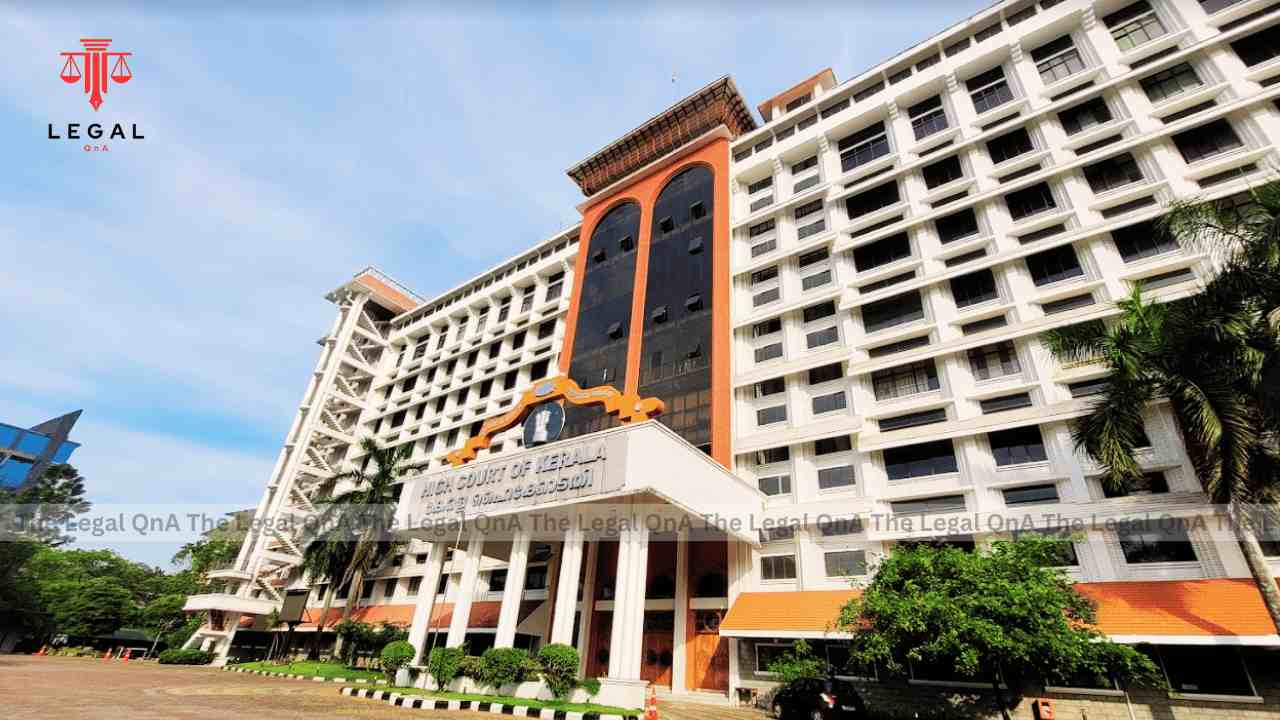Writ Petitions Involving Criminal Proceedings Must Be Classified as WP (Crl): Kerala HC
The Kerala High Court has reaffirmed that the classification of writ petitions—whether civil or criminal—hinges on the nature of the legal proceedings involved and the relief sought by the petitioner.
The Division Bench, led by Chief Justice Nitin Jamdar and Justice S. Manu, made these observations while hearing a writ appeal challenging the dismissal of a civil writ petition that sought police action on a complaint.
The Court noted that writ petitions concerning legal matters that may result in punitive actions such as death, imprisonment, fines, or forfeiture of property must be classified under the category of “criminal writ petitions” (WP (Crl)).
The judgment further emphasized that matters related to maintaining public order, preventing breaches of peace, or addressing vagrancy also fall within this classification.
Legal Framework & Precedents
The Bench highlighted that under Articles 226 and 227 of the Indian Constitution, any writ petition concerning an investigation, inquiry, or trial—whether under special or general law—should be deemed a criminal writ petition.
The classification is essential for ensuring that such matters are adjudicated by the appropriate benches within the High Court.
“Broadly stated, if a writ petition or application under Articles 226 and/or 227 of the Constitution of India concerns a legal proceeding that could ultimately lead to a sentence of death, imprisonment, a fine, or the forfeiture of property, it would be a ‘criminal writ petition’—W.P. (Crl.). Additionally, criminal writ petitions include those that arise from orders related to maintaining peace and order, preventing breaches of peace, or addressing vagrancy,”
the Bench observed.
Classification Guidelines Followed by Kerala HC Registry
The Kerala High Court referred to past administrative practices and judicial precedents to reinforce its stance. The Court pointed out that since April 2013, the Kerala High Court Registry has been categorizing writ petitions related to criminal matters as “WP (Crl)” and civil matters as “WP (C).”
This practice aligns with directives issued during the Chief Justices’ Conference of 1997 and a subsequent notification in September 2021.
Although the Kerala High Court Rules, 1971, do not explicitly differentiate between civil and criminal writ petitions, the Court relied on precedents from the Bombay and Allahabad High Courts to provide clarity.
Given the criminal nature of the case before it, the Bench directed that the matter be listed before the appropriate bench handling appeals arising from criminal writ petitions.
Implications of the Judgment
This ruling ensures proper classification of writ petitions to streamline judicial processes and direct cases to the relevant bench.
By setting a clear precedent, the Kerala High Court has reinforced the distinction between civil and criminal writ petitions based on the substance of the dispute rather than just procedural aspects.
This decision will have far-reaching implications on how writ petitions are filed and heard in the Kerala High Court, ensuring that petitions involving criminal matters are handled by the appropriate division.
Case Details
- Case Name: N. Prakash v. Manoj Kumar & Ors.
- Case No.: WA No. 1803 of 2024
- Bench: Chief Justice Nitin Jamdar and Justice S. Manu
- Court: Kerala High Court















